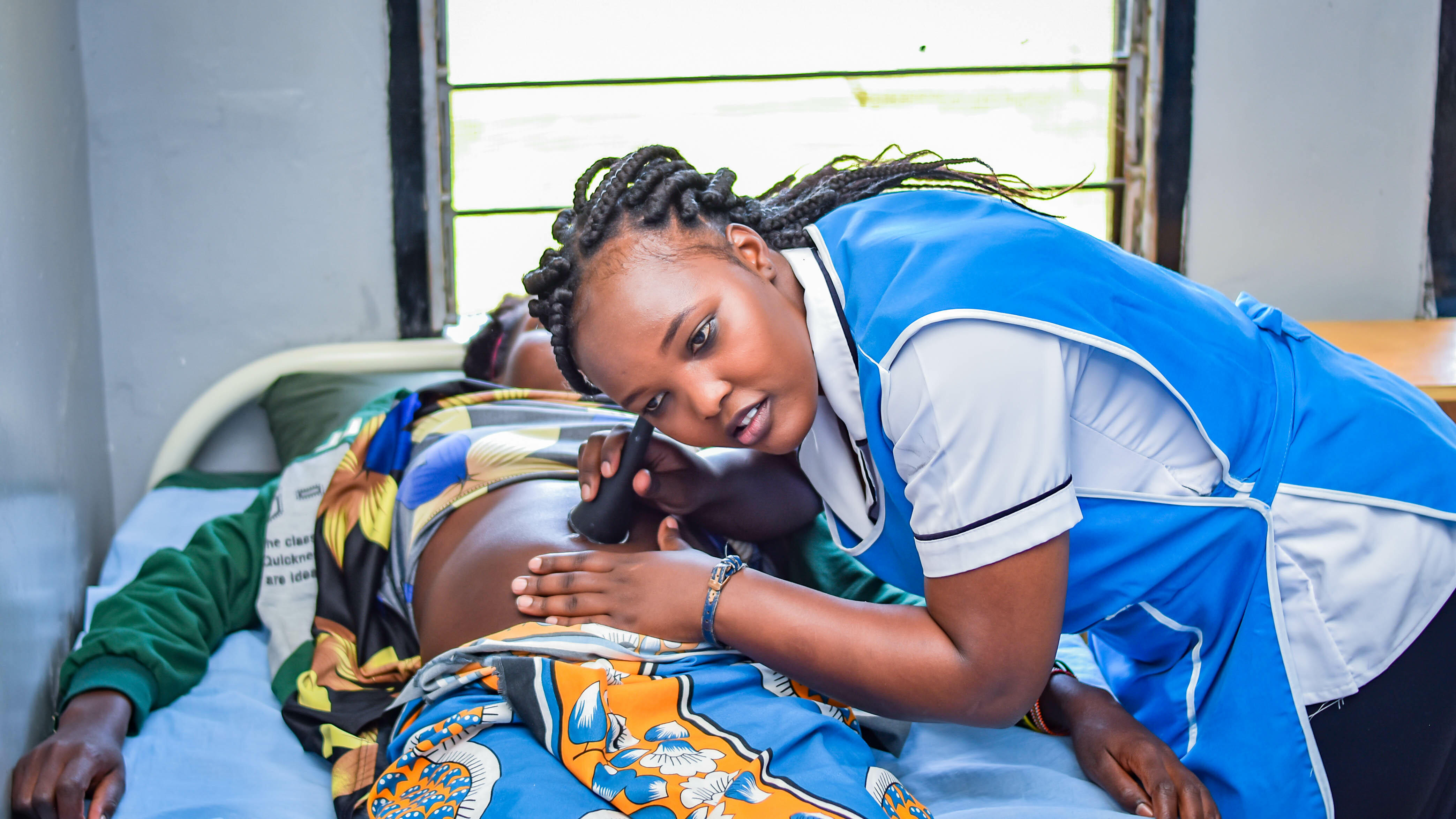
The recent press release from the Global Fund marks a milestone in Takeda’s 15-year journey as its longest-standing corporate partner. Among the many impactful initiatives it highlights is the integrated HIV, TB, and malaria services in antenatal and postnatal care – a five-year programme (2020–2024) led by the Liverpool School of Tropical Medicine (LSTM) and delivered in collaboration with Ministries of Health and academic institutions in Kenya, Nigeria, and Tanzania.
While the announcement focuses on Takeda’s continued commitment, we take this moment to reflect on the extraordinary impact our shared programme has had over the past five years – a contribution that, we believe, helped shape the success of this long-standing partnership and possibly inspired future support.
A Model of Capacity Strengthening and Health Systems Transformation
This programme trained over 1,600 healthcare providers in ANC/PNC across 211 health facilities, equipping them to deliver integrated services for HIV, TB, and malaria. Innovative blended learning, a cornerstone of the initiative, extended training to more than 17,000 participants in 43 countries, with mentoring and quality improvement methodologies enhancing both knowledge retention and clinical practice.
Master Trainers and quality improvement champions now lead transformative change from within national health systems. Our partners, including the State University of Zanzibar and the University of Dodoma, have not only delivered results but also strengthened internal research and programme management capacity—investments that continue beyond the project’s lifetime.
Visibility that Drives Value
As a programme built on data, accountability, and strong country ownership, we also recognised the importance of visibility. Through videos, podcasts, knowledge-sharing events, and a robust dissemination strategy, we ensured the voices of healthcare workers, mothers, and policymakers were heard. The story of Catherine Nyiva, a mother from Kenya supported through our work, is just one of many examples highlighted by the Global Fund in its public materials.
This visibility was not incidental but strategic. It brought our work to light and affirmed the value of investing in capacity strengthening and systemic change. That our story was featured so prominently in the Global Fund’s reflection on a 15-year journey with Takeda is, we believe, a testament to the transformative power of localised action and global solidarity.
Looking Ahead
We eagerly anticipate the prospect of scaling up the impact of the LSTM lead programme in Kenya, Nigeria, and Tanzania. We continue to hold immense pride in the achievements we have accomplished in collaboration with our partners in these countries and the global reach of our initiatives. Our programme has established a solid foundation for delivering high-quality maternal and newborn health services, and our unwavering commitment to strengthening health systems in low- and middle-income countries remains steadfast.
We extend our sincere gratitude to all our partners - local Ministries of Health, academic institutions, healthcare providers, and our communities - for their unwavering dedication. It is this collective effort that has rendered our work impactful and garnered its attention from global partners.